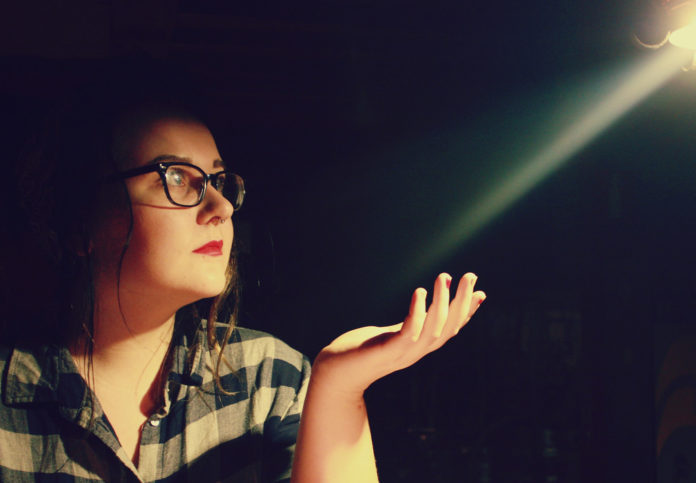Ultraviolet light of particular wavelength can safely disinfect 99.9% airborne coronaviruses in indoor environments
More than 99.9% of seasonal coronaviruses present in airborne droplets were killed when exposed to a particular wavelength of ultraviolet light that is safe to use around humans, a new study has found. The research was published in Scientific Reports.
Conventional germicidal UVC light (254 nm wavelength) can be used to disinfect unoccupied spaces such as empty hospital rooms or empty subway cars, but direct exposure to these conventional UV lamps is not possible in occupied public spaces, as this could be a health hazard.
To safely disinfect occupied indoor areas, researchers investigated far-UVC light (222 nm wavelength). Far-UVC light cannot penetrate the tear layer of the eye or the outer dead-cell layer of skin so it cannot reach or damage living cells in the body.
The same team had previously shown that far-UVC light can safely kill airborne influenza viruses.
far-UVC light could be used in combination with other measures, like wearing face masks and washing hands, to limit the transmission of SARS-CoV-2 and other viruses
In the study, the researchers used a misting device to aerosolize two common coronaviruses. The aerosols containing coronavirus were then flowed through the air in front of a far-UVC lamp. After exposure to far-UVC light, the researchers tested to see how many of the viruses were still alive.
Results showed that continuous exposure to far-UVC light at the current regulatory limit would kill 90% of airborne viruses in about 8 minutes, 95% in about 11 minutes, 99% in about 16 minutes, and 99.9% in about 25 minutes.
“Since SARS-CoV-2 is largely spread via droplets and aerosols that are coughed and sneezed into the air it’s important to have a tool that can safely inactivate the virus while it’s in the air, particularly while people are around,” said lead author of the study, David Brenner, PhD, Higgins Professor of Radiation Biophysics at Columbia University Vagelos College of Physicians and Surgeons and director of the Center for Radiological Research at Columbia University Irving Medical Center.
Brenner also added, “Because it’s safe to use in occupied spaces like hospitals, buses, planes, trains, train stations, schools, restaurants, offices, theaters, gyms, and anywhere that people gather indoors, far-UVC light could be used in combination with other measures, like wearing face masks and washing hands, to limit the transmission of SARS-CoV-2 and other viruses.”


